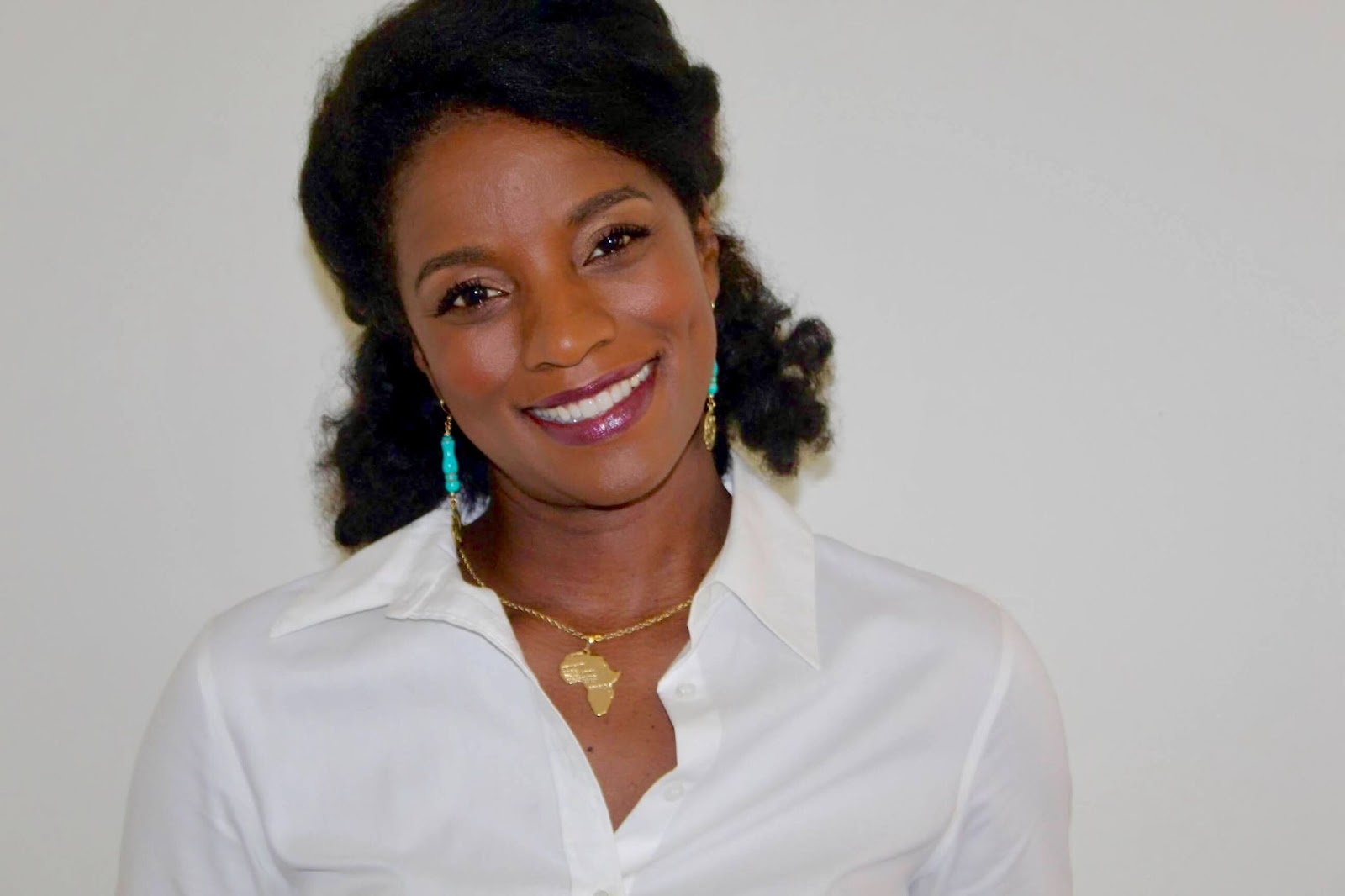News
Alumni Changemaker: Najmah Thomas, Ph.D., merges history, equity and policy

by Rachel Zeeve
For Najmah Thomas, Ph.D. (PPA ’11), the intersection of history, equity and policy has always been at the forefront of her career in public service, policy program evaluation and academia. With over two decades of experience in government and beyond, Thomas is forging a path for future generations of practitioners.
Thomas’ academic journey began at Richard Bland Community College, and she attended The College of William & Mary. There, a switch from a business major to public policy sparked her path to the University of Phoenix for a master’s in education and finally to the Wilder School and the Ph.D. program in Public Administration.
“I was just struggling through econometrics at William & Mary,” she said. “At the time, I was working full-time with a workforce investment group in Petersburg, Virginia, so I was already working in public administration. My counselor said, ‘you really should look at our public policy major here.’ That put me on the academic track to the Wilder School.”
The Wilder School offered the applied experience she needed for a fulfilling career in public service. “The data analysis course one of the most influential for me. Being able to marry qualitative and quantitative analysis with that that field is really useful. If I hadn't had to go through intensive data collection and analysis, I would not have the heart for program evaluation that I do today.”
Building a career in program evaluation
Today, Thomas has a range of experience as a practitioner in local or regional governments, private foundations and state government. “I didn't get into the academy until the end of the middle part of my career when I did some adjuncting at VCU,” she said.
A wealth of hands-on knowledge fueled her success. “When I was working in my last public administration position with the Virginia Community College System and the Governor's Office of Workforce Development, we researched the very thing that my dissertation was on — out-of-school youth and connectivity to employee programs. Having been an at-risk youth myself and having been a displaced worker, I had a unique experience. All of the programs under the Workforce Investment Board that I've managed, I had actually gone through as a participant. Then, all of the programs that I evaluated as an academic, I'd actually managed as a professional.”
Having seen both sides of government programming, Thomas’ passion stems from her background with the programs she evaluates today. “I have experienced these programs as a recipient, as a community member and as a practitioner,” she said. “Part of the work that I'm doing now is determining whether these programs do what they're supposed to do and finding out if they are implemented with the ‘four E's’: equity, efficiency, effectiveness and economy.”
"History can shine a light on inequity, and then, once we have that information, we can then use it to craft programs that are more equitable and create the kind of world that we want to leave to the next generation." – Najmah Thomas
Facilitating community connections
Thomas’ work has a transformative impact on community members and paves the way for future practitioners. As an associate professor at University of South Carolina Beaufort, Thomas is committed to providing young people with the tools and opportunities they need to thrive in the world of public policy. Through research and courses in leadership development, public service program evaluation, African-American Studies and more, Thomas prepares students to bring a social equity lens to policy issues.
“There is something so encouraging about how this next generation considers their work,” said Thomas. “It’s a ‘glocal’ approach — there's not only a really keen understanding about global connectivity but also a really strong commitment to making things happen right where they are.”
Thomas is also founder and director Princes & Princess, Inc., a nonprofit organization fostering youth leadership skills in Petersburg, Va. She has also worked alongside the Woman’s Relief Corps of Beaufort, South Carolina to document the organization’s fascinating history. Launching on May 19th, the book, entitled “As We Remember: A History of the Woman's Relief Corps in Beaufort, SC,” is “a story about black history and patriotism in the most unlikely corners of the world.”
“It features a group of women who have been working for decades in Women's Relief Corps, an auxiliary group to the Grand Army of the Republic,” said Thomas. “During a time when they were not considered full citizens in any respect, black women lifted up the banner of patriotism in Beaufort despite the fact that the country was essentially not open to them and not living up the Constitution. They said, ‘we're patriots not because of what's happening now, but because of where we think we can go.’”
As students transition to roles in public service, Thomas’ advice is to use history to inform policy. “Use history as a guide post, not as a beating stick — embrace it as one of the finest tools we have to help us understand how policy came to be. History can shine a light on inequity, and then, once we have that information, we can then use it to craft programs that are more equitable and create the kind of world that we want to leave to the next generation. Embrace history, get a minor in African American studies. It doesn't matter what your discipline is. You will be so much more effective in the public policy sphere, no matter where you go.”